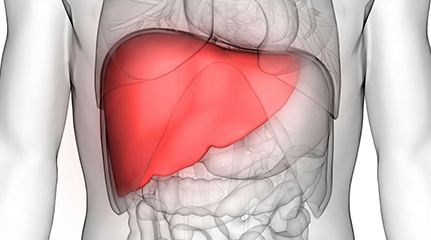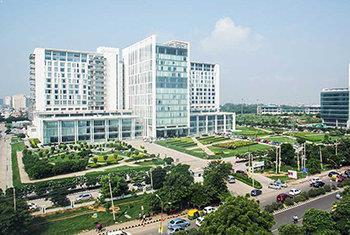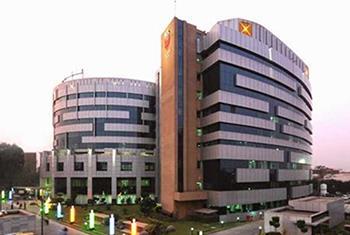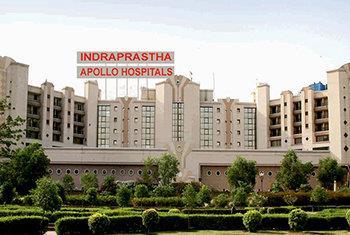The Success Rate in India
India’s First Successful Liver Transplant Operation was way back in 1998, on a 20-month-old baby with biliary atresia. Back then in 1998, a part of his father’s liver was used for his transplant. considered to be India’s first case of a successful living donor liver transplant.
The liver is divided into eight parts; the left lobe is cut to be transplanted into babies. The liver has a unique property to regenerate the part that is cut for transplantation, up to 90% within 12 weeks.
This was first achieved by a private hospital in Delhi and was commemorated by the government of India on the 15th anniversary of the transplant by releasing a postage stamp in 2014. Since then, there’s been no looking back.
In India, liver transplant has gained recognition worldwide, owing to the expertise of globally prominent transplant surgeons and the most upgraded facilities and services available here.
Chronic liver disease may end up requiring the need to replace a patient’s diseased liver with a healthy one from another person. Liver transplantation in India is a surgical procedure that involves the process of treating severe liver disease, therefore, is essential to have a healthy liver for survival. The various vital functions of the liver include –
- Metabolism of proteins, fats and carbohydrates.
- Production and excretion of bile (required for digesting fats).
- Excretion of drugs, hormones, bilirubin and carbohydrates.
- Synthesis of proteins and enzymes.
- Converting ammonia to urea.
- Regulation of blood clotting by breaking down old and damaged blood cells.
Failure of the liver to perform these functions may lead to problems like liver failure or liver insufficiency. Liver transplant in India is successfully performed for both acute as well as chronic liver failure cases.
Acute liver failure results from a severe injury to the liver caused by infections, drug reactions, intake of certain toxins or overdose of acetaminophen.
Whereas, chronic liver failure occurs due to recurring injury and repair of the liver cells over a period of time as it may scar the liver permanently. When the liver is not able to repair itself and results in end-stage scarring, the condition is termed as cirrhosis.
Causes of cirrhosis include:
- Alcohol abuse
- Chronic Hepatitis B or chronic Hepatitis C
- Non-alcoholic fatty liver disease
- Autoimmune Hepatitis
- Biliary atresia, liver disease in newborn
- Metabolic disorders
Whether or not the liver transplant could be a success and it would extend a person’s life is the basis of the decision the surgeon takes, before granting a liver transplant.
The life expectancy after a liver transplant depends on several variables and certain characteristics will be contributing to the survival of a liver once it’s transplanted in a patient:
Related to the patient:
When considering the patient factors, it has been postulated that, if the donor is more than 60 years of age, the rejection rates of the transplanted liver will be relatively more than that of a donor aging below 60 years of age.
Related to the donor:
It has also been noticed that if the donor weighs more than 100kgs, the chances of survival can be less in the transplanted liver.
Similarly, if there is a mismatch in the gender of the donor and the recipient, the liver transplants show lesser success rates than when the two individuals match in their genders.
Related to the surgical technique
The time gap between the extraction of the liver to transplantation also plays an important role when it’s about the success of the surgery. Researchers are suggesting that a liver that has spent more than 12 hours before transplantation in cold storage are having a lesser survival rate than the ones which has a lesser transit time.











